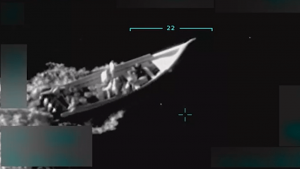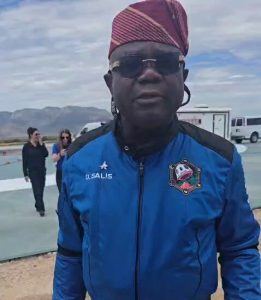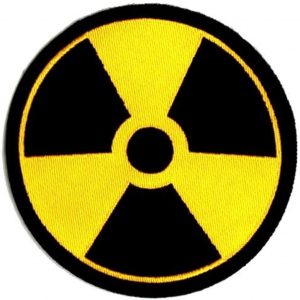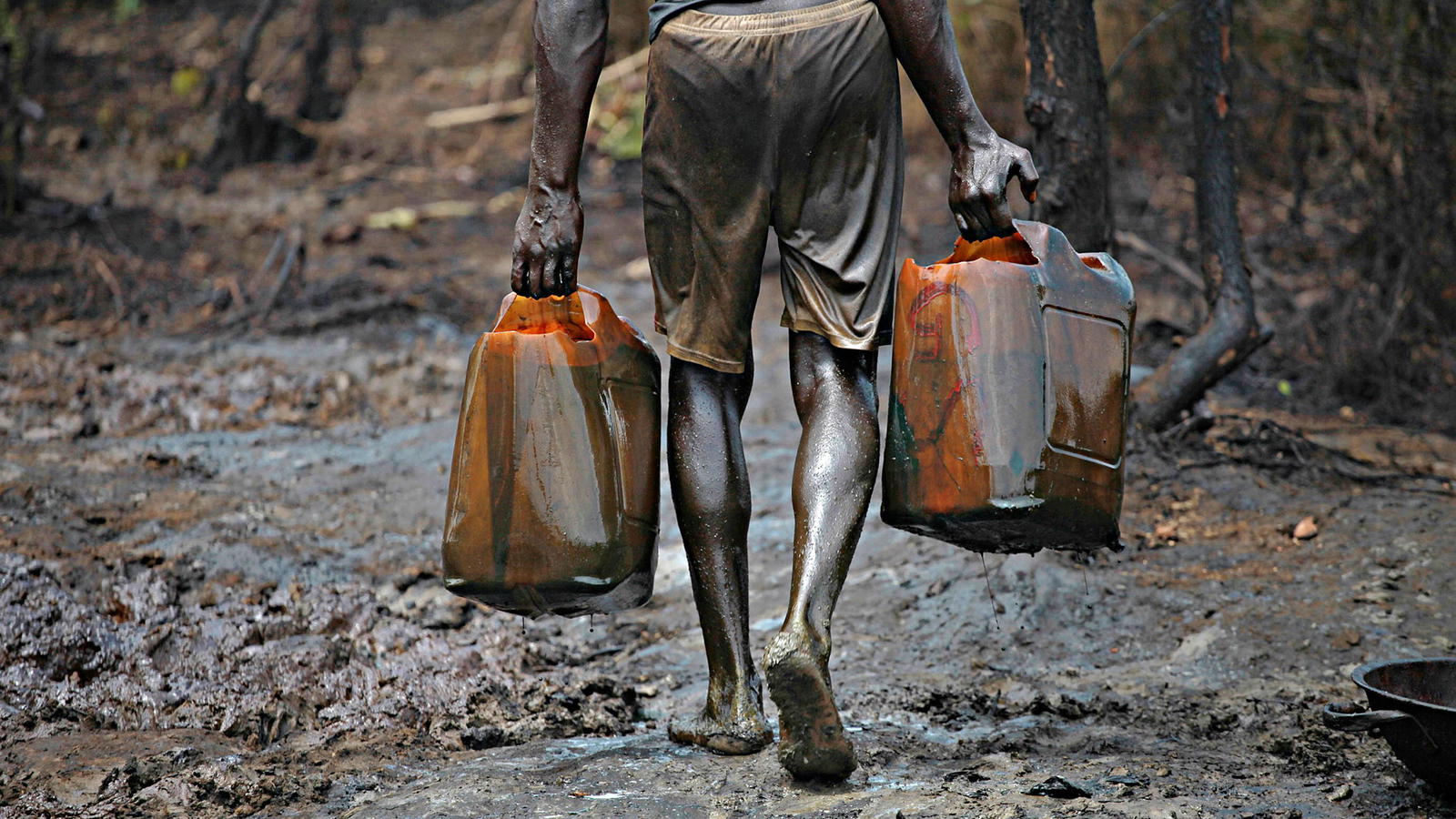
A former Niger Delta militant, Government Ekpemupolo, known more as Tompolo, was awarded a pipeline surveillance contract worth 48 billion naira ($110 million) in August, 2022.
His company, Tantita Security Services Nigeria Ltd., went to work to stop oil theft that was causing the nation a loss of half a million barrels per day.
He bought speed boats and employed tens of thousands of Niger Delta youths to police the pipelines.
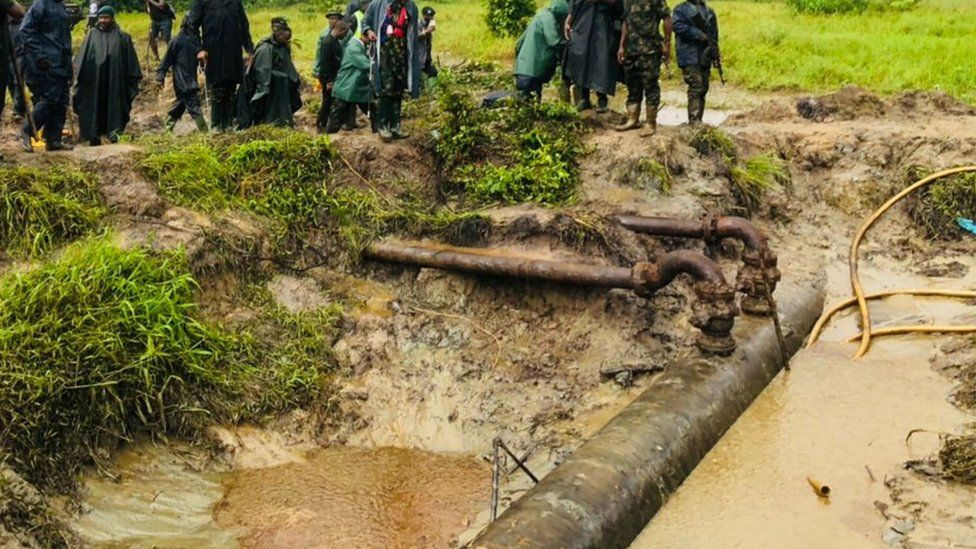
The Nigerian National Petroleum Company Ltd, NNPCL, said by October, 2022, he has shut down 58 illegal taps on oil lines, including one connected to the Trans Forcados-Escravos line that was used to siphon oil for nearly a decade.
The Group Chief Executive Officer of the NNPCL, Mele Kyari, at the Legislative Transparency and Accountability Summit in Abuja on 9 November, 2022, talked of threats to his life from the oil thieves.
Nigeria was Africa’s biggest oil producer until recently.
In September, 2022, Nigeria dropped to fourth place in the continent and oil theft was to blame.
Production fell from 2.5 million barrels per day in 2011 to about one million barrels in July, 2022. It has remained under two million bpd since.
Nigeria could not make its Organisation of Petroleum Exporting Countries, OPEC, quota of 1.8 million barrels per day.
The NNPCL defends its contract with Tompolo as a way out instead of deploying drones in pipeline surveillance which the ruling APC party campaigned to use in fighting the menace.
Nigeria’s Earth Observation satellites, NigeriaSat-2 and NigeriaSat-X, have been useful in remote sensing.
They can detect massive oil spills over land or water, but cannot “see” a clever plumbing work where oil is tapped from a pipeline.
Part of Tompolo’s success maybe because he knows the terrain and works with the local community.
The oil thieves arrested are handed over to the Navy who destroys their barges and other equipment.
photo credit: vanguard, bbc

